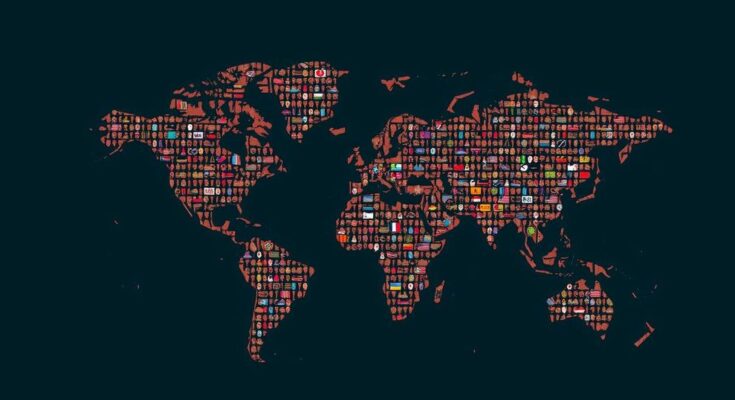The DRC faces a severe humanitarian crisis with 6.5 million people displaced, exacerbated by disinformation threatening humanitarian access. WFP engages with local stakeholders to mitigate these challenges while emphasizing effective communication and community collaboration to counter misinformation and build trust in humanitarian operations.
The Democratic Republic of the Congo (DRC) is currently experiencing one of the largest internal displacement crises worldwide, with approximately 6.5 million individuals affected. These displacements are largely concentrated within four eastern provinces, which are plagued by conflict and the presence of non-state armed groups. A serious impediment to humanitarian operations in this region is the spread of disinformation. To gain insights into this issue, WFP.org interviewed Wilfred Nkwambi, the head of the World Food Programme’s (WFP) office in northeastern Goma, North Kivu province. Disinformation poses a significant threat to humanitarian efforts. To ensure the safe delivery of aid in controlled areas, WFP must engage with various influential stakeholders, including armed groups. This necessitates consistent dialogue with both leaders and combatants, particularly at checkpoints where tensions are heightened. Counteracting misinformation—defined as the deliberate dissemination of false information—is increasingly crucial. Communities, through social media and influential figures, often propagate rumors about UN agencies and humanitarian organizations. Such misinformation can severely hinder food distributions, as effective communication with local populations is vital for the safety of WFP staff and the integrity of operations. Furthermore, the advent of social media has intensified scrutiny surrounding humanitarian work, compelling organizations to demonstrate tangible impacts. To combat the adverse effects of disinformation, WFP emphasizes the importance of effective communication strategies. Crafting messages that resonate with communities and enhancing conflict sensitivity is paramount. For instance, WFP faced criticism when it provided imported wheat, an unfamiliar staple for displaced families accustomed to maize flour. To address this, WFP organized community cooking sessions to prepare the wheat in more palatable ways, promoting collaboration and responsiveness to community needs. Monitoring social media for misleading information and conducting outreach initiatives are important preventative measures. Following recent attacks on humanitarian convoys, WFP’s engagement with youth and local authorities proved instrumental in safely recovering transport trucks used for food delivery. Furthermore, collaboration with local media, including community radio, has facilitated the dissemination of accurate information, enhancing transparency and building trust within rural populations. WFP invests in training for community members, civil society leaders, and media representatives to foster understanding of its operations. Regular protections and communication training for frontline staff further equip them to navigate challenging scenarios effectively. In summary, the issue of disinformation is a pervasive challenge to humanitarian efforts in the DRC, necessitating proactive communication strategies and community engagement. WFP’s commitment to adapting its approach in response to the needs and perceptions of local populations will be crucial in maintaining trust and ensuring the successful delivery of humanitarian aid.
The Democratic Republic of the Congo has been marred by conflict and instability, particularly in its eastern regions where displacement crises affect millions. As the World Food Programme (WFP) strives to provide humanitarian assistance to those in need, it faces additional challenges from disinformation that can threaten its operations. Understanding the dynamics of information dissemination and the local context is essential for effective humanitarian intervention.
In conclusion, disinformation represents a significant barrier to humanitarian operations in the DRC, affecting both access to affected populations and the safety of aid workers. Effective communication, community engagement, and adaptive strategies are essential for combating misinformation and enhancing the impact of humanitarian efforts. Through continuous training and collaboration with local stakeholders, WFP aims to minimize these risks and ensure the delivery of critical assistance to those in need.
Original Source: www.wfp.org




